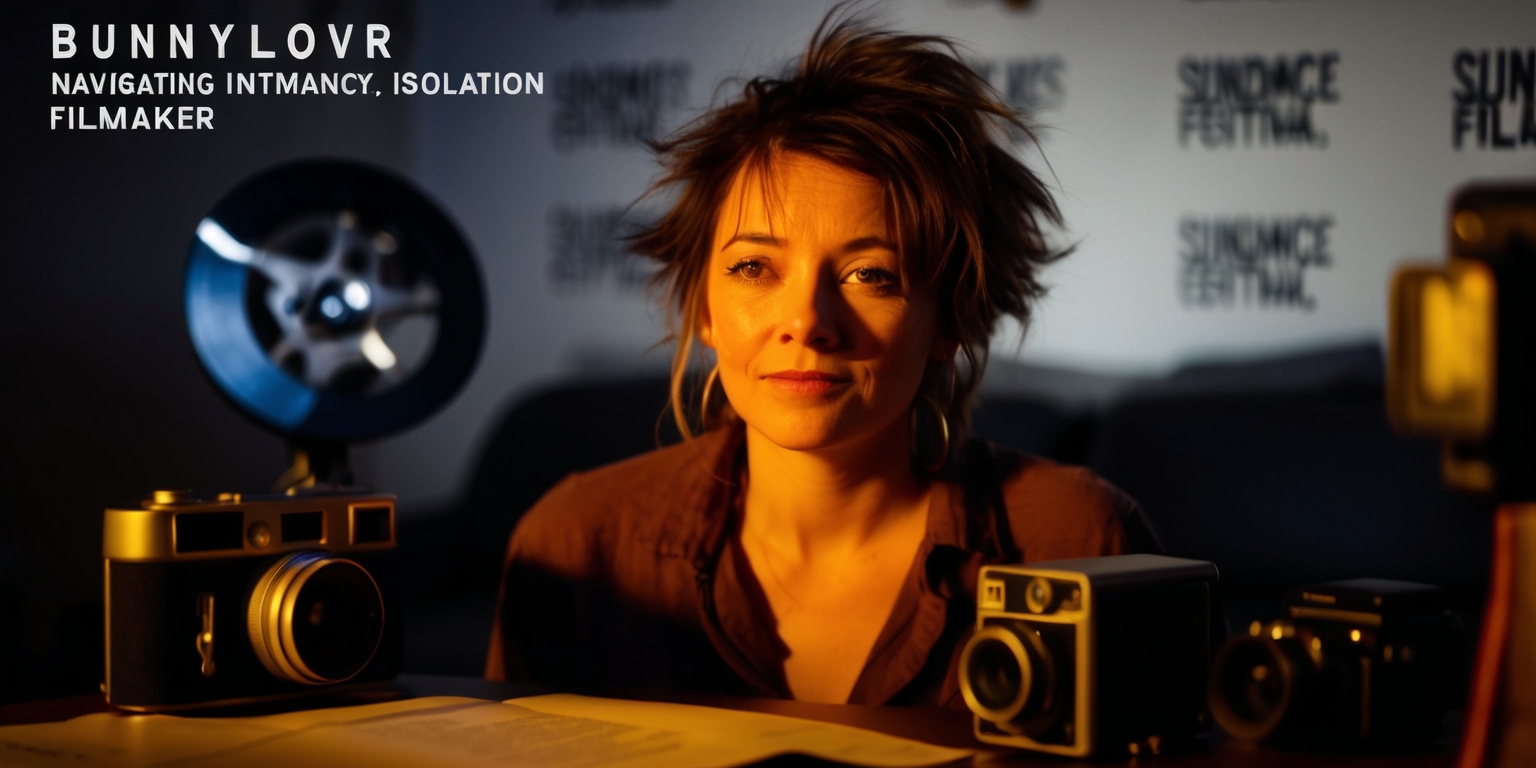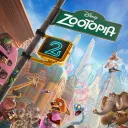Navigating Intimacy and Isolation: A Deep Dive into Bunnylovr at Sundance
Feb 13, 2025

In an era where film festivals are increasingly adopting online platforms to cater to diverse audiences, Sundance continues to offer a blend of cinematic exploration and thematic depth. Among the films showcased this year is *Bunnylovr*, which marks the directorial debut of Katarina Zhu. This film delves into the enigmatic world of digital sex work and presents a poignantly introspective look at a young woman's struggle to define her identity and navigate relationships in a complex, online-centric society. While the film embraces the subtleties of its themes, it does so through a narrative that leaves audiences pondering its intent, making it a captivating yet perplexing experience.
The Premise of Bunnylovr
At its core, *Bunnylovr* revolves around the character of Rebecca, portrayed by Katarina Zhu herself. As a Chinese-American camgirl, Rebecca embodies the uncertainties and pressures faced by many young individuals today. Facing imminent loss due to her father's illness and grappling with a dissipating friendship, Rebecca's life appears to be spiraling, which sets the stage for an exploration of dependency and self-discovery.
Rebecca’s Digital Reality
The film opens with a snapshot of Rebecca’s precarious position in the world of digital sex work. Her modest online following serves as the backdrop against which her character navigates her tumultuous life. Through live-streaming conversations, she seeks both connection and escape, illuminating the ambivalence that comes with her profession—intimacy and isolation intertwine as she seeks validation from strangers.
Her relationship with a devoted fan, played by Austin Amelio, introduces a darker turn in the narrative. This fan, who showers Rebecca with attention and financial support, becomes an anchor in her increasingly unstable world. Their habitual interactions create an intoxicating yet toxic bond, highlighting the complexities of modern relationships that are fraught with blurred boundaries.
Exploring the Dynamics of Friendship

The film also presents a conflicting friendship between Rebecca and her closest friend, played by Rachel Sennott. Their bond is riddled with tension, and the duality of their relationship—filled with both camaraderie and underlying resentment—serves as a microcosm of Rebecca’s overall struggles. This dynamic adds a layer of complexity to the film, raising questions about loyalty and the nature of companionship in contemporary society.
Performance Highlights
Katarina Zhu delivers a subtle yet powerful performance as Rebecca. Her characterization captures the essence of a woman grappling with self-doubt and unfulfilled aspirations. Amelio, on the other hand, successfully portrays the creepiness of obsession merged with charisma, creating a captivating contrast that accentuates the risks of Rebecca’s reliance on him.
Theme of Isolation
A pervasive theme throughout *Bunnylovr* is isolation, particularly in the context of online interactions. Despite the digital connections that can seemingly bridge gaps, the film poignantly portrays how such relationships often leave individuals feeling more alone than ever. Rebecca’s awkwardness in sharing her body online further emphasizes this paradox as she navigates the dual worlds of personal vulnerability and public performance.
Filmmaking Choices
The structural elements of the film, however, leave room for critique. Moments that could have deepened emotional resonance often feel rushed or inadequately explored. The screenplay sometimes comes across as fragmented, particularly in its attempts to tackle weighty topics such as mental health, family dynamics, and the nature of modern intimacy.
The Portrayal of Family Relationships
Rebecca's relationship with her ailing father remains underdeveloped, presenting missed opportunities for profound storytelling. Their connection serves as a backdrop for her struggles but lacks sufficient depth, leaving audiences yearning for more insight into this vital aspect of her life.
Questioning Genre Identity
Many viewers may find themselves questioning the film's genre. While elements of thriller are present, the overall tone feels ambiguous throughout much of the story. This lack of clarity may lead to confusion regarding the film's intentions—whether it aims to delve into horror elements or serves primarily as a character study. Such ambiguity may diminish the overall effectiveness of the narrative, causing key moments to feel less impactful.
The Feminine Experience in Digital Spaces
Despite its shortcomings, *Bunnylovr* offers valuable commentary on the feminine experience in the digital era. It succeeds in portraying the awkwardness and vulnerability often accompanying online sex work, providing a window into the often-stigmatized realities faced by many women in similar professions. Through Rebecca's exploration of her identity, the film invites discussions on empowerment and exploitation in a digital landscape.
Evolving Perspectives on Modern Relationships
The film ultimately resonates with the complex interactions that define contemporary relationships. As Rebecca spirals into a relationship founded on dependency, it raises important questions about consent, emotional manipulation, and the consequences of seeking validation in an increasingly disconnected world.
A Mixed Bag
To summarize, *Bunnylovr* presents an intriguing premise with a mixture of compelling themes and undercooked narratives. While Zhu's intentions are evident, the execution does not always capture the intricacies of the complex ideas embedded within the story. The film, at just under 90 minutes, sometimes feels stretched thin, leaving audiences with a desire for a more profound exploration of its core ideas.
Conclusion: A Thought-Provoking Exploration
As *Bunnylovr* screens at the Sundance Film Festival, both in-person and online, it stands as a piece that sparks contemplation. The film's presence in the festival enhances its visibility among a wide array of audiences, facilitating discussions about identity, relationships, and the nuances of digital interactions. While *Bunnylovr* may not satisfy every viewer, it certainly has crafted a thought-provoking narrative that prompts deeper reflection on the complexities surrounding modern life and love.







